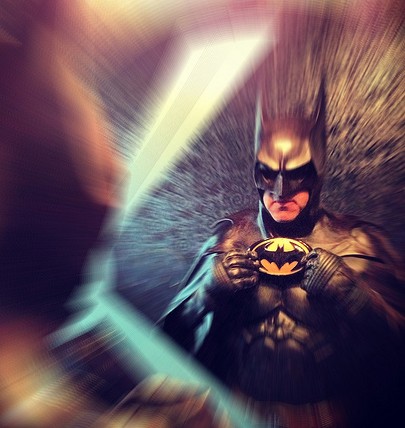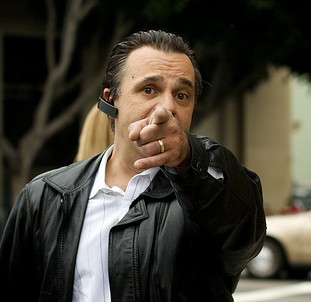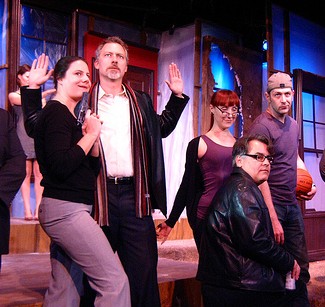7 Tips to Creating the Perfect Antihero
Today’s guest post is by Stephanie Norman: An antihero is the central protagonist in a literary piece, movie, or comic…

Today’s guest post is by Stephanie Norman: An antihero is the central protagonist in a literary piece, movie, or comic…

For this week’s Throwback Thursday, we’re looking at excerpts from past posts on Live Write Thrive that tie in with…

Novels are about characters—characters who undergo significant change. Or, at least the protagonist should. A novel in which the protagonist…

Think about what makes you interested or drawn to certain people. What qualities of theirs pull you in? Is it…

There are three basic secondary character role types in novels, and we’ve looked at the first two: the nemesis or…

We’ve been looking at secondary characters in novels these past few weeks, and there is so much more to say…

Novels need a cast of characters, and developing rich secondary characters is a pillar of novel construction that cannot be…

Last week we started looking at secondary characters in a novel. I often see characters populating a story that seemed…

We’re now getting into another one of my favorite topics—secondary characters. This pillar in your novel is so important, it…

Subscribe to my email blasts to level up your writing and be notified of upcoming events and offers!
No products in the cart.